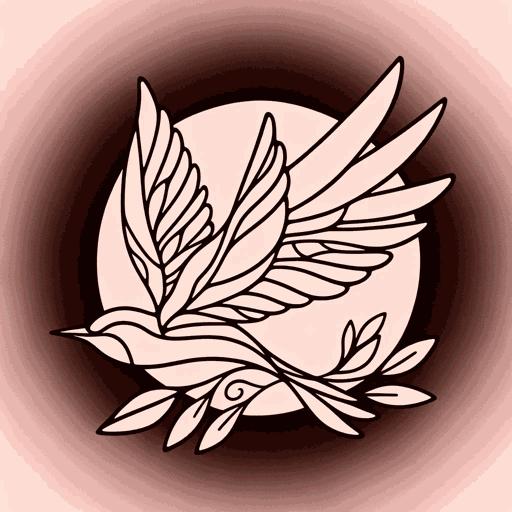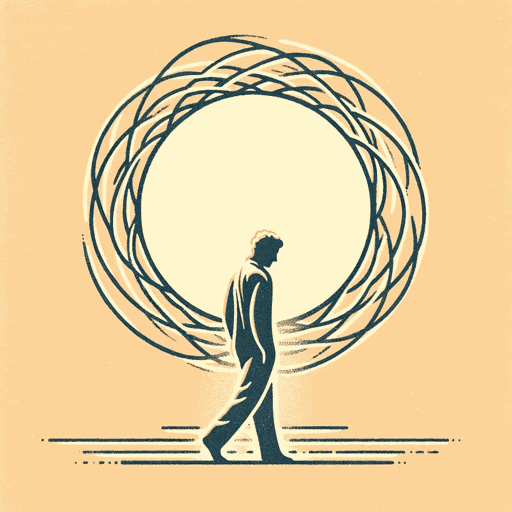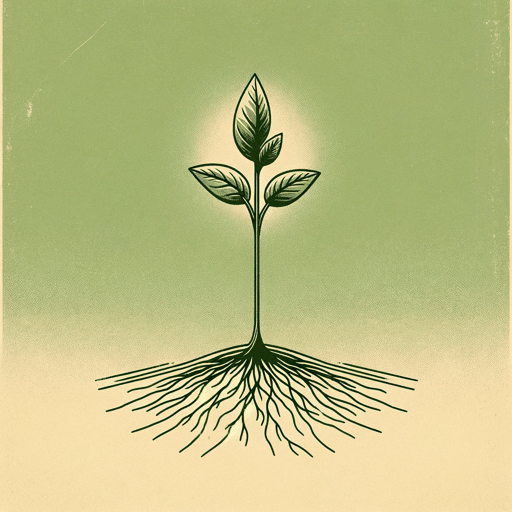16 pages • 32 minutes read
Joy HarjoFor Calling the Spirit Back from Wandering the Earth in Its Human Feet
Fiction | Poem | Adult | Published in 2015A modern alternative to SparkNotes and CliffsNotes, SuperSummary offers high-quality Study Guides with detailed chapter summaries and analysis of major themes, characters, and more.
Themes
Guilt and Shame
The speaker tells the reader to severe their bindings to shame. They note that the spirit may be “caught” (Line 23) by shame. In the speaker’s philosophy, negative emotions hold the spirit, keeping it in a state of “wandering” (Line 26). The speaker suggests that some reasons for feeling guilt and shame are inherited: “Let go of the pain of your ancestors” (Line 20).
One can release shame by asking forgiveness. The speaker advises the reader ask forgiveness from insects and animals for the harm that humans have caused them. Almost all people step on insects, swat them away, or in some way damage them. This suggests that mistakes and unconscionable acts are part of the human condition. They are universal, maybe unavoidable, which mitigates the pain and stigma of admitting fault. At the same time, the speaker does not trivialize the importance of insects or a person’s need to ask their forgiveness.
The speaker acknowledges that just as people have been abused, so they too have they been abusers, or self-abusers. They need to forgive others and themselves, and to ask for others’ forgiveness. The poem’s wording displays a worldview of reciprocal relationships in which all things are connected, affecting and being affected by one another.
Related Titles
By Joy Harjo

An American Sunrise
Joy Harjo

Crazy Brave: A Memoir
Joy Harjo

Perhaps the World Ends Here
Joy Harjo

Remember
Joy Harjo

She Had Some Horses
Joy Harjo

This Morning I Pray for My Enemies
Joy Harjo

When the World as We Knew It Ended
Joy Harjo

